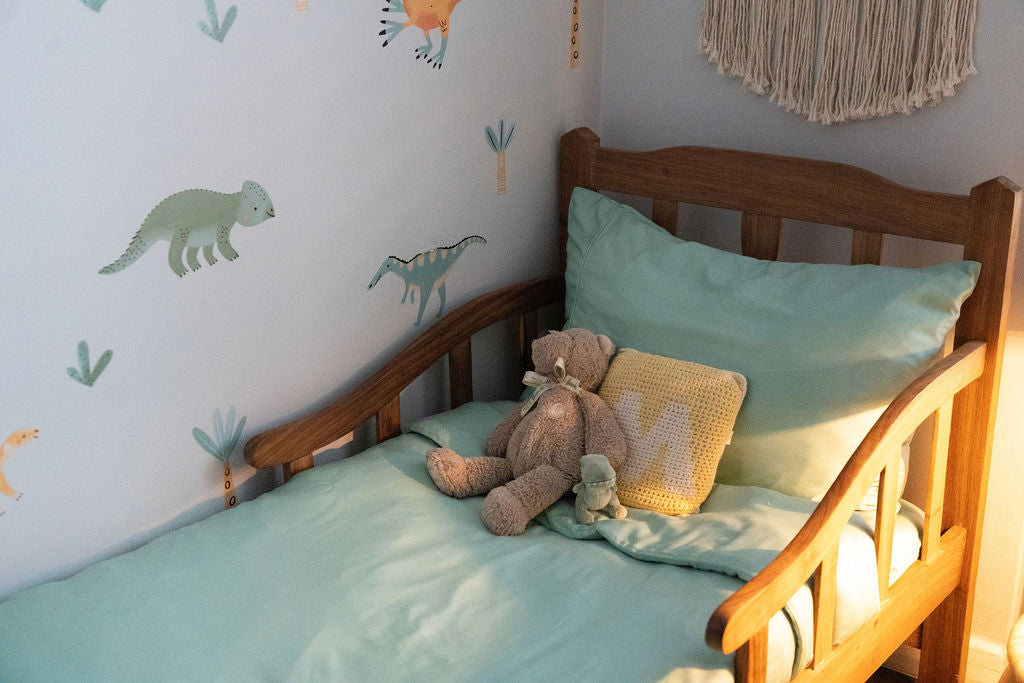5 Reasons why spending time in nature is great for sleep and relaxation

In today’s fast-paced world, we often feel disconnected from the natural environment. Whether it’s work, technology, or urban living, we spend less time outside than ever before. But nature has an incredible impact on our well-being, particularly when it comes to improving sleep and relaxation. Here are five reasons why spending more time in nature can significantly enhance your sleep quality and promote relaxation.
1. Reduced Stress Levels
One of the most immediate benefits of spending time in nature is a reduction in stress. Natural settings, especially forests, oceans, or mountains, have been shown to lower cortisol levels, the hormone responsible for stress. Studies have revealed that even short walks in green spaces can lead to a sense of calm and decrease symptoms of anxiety. This lower stress level makes it easier to wind down, which is essential for falling asleep and achieving restful sleep.
2. Exposure to Natural Light
Natural light exposure helps regulate our circadian rhythm—the internal body clock that governs when we feel awake and when we feel sleepy. Spending time outside during the day helps synchronize this rhythm, especially with the sun’s rise and fall, which signals to the body when to produce melatonin, the sleep hormone. More natural light exposure can improve sleep patterns, making it easier to fall asleep at night and wake up refreshed in the morning.
3. Increased Physical Activity
Time spent outdoors usually involves some form of physical activity, whether it’s hiking, walking, swimming, or simply gardening. Physical activity has long been associated with improved sleep quality. Not only does exercise tire the body, but it also boosts the production of endorphins, which help relieve stress and anxiety. As your body uses up energy and muscles relax after exercise, you’re likely to fall asleep faster and experience deeper sleep cycles.
4. Enhanced Mindfulness and Mental Clarity
Spending time in nature often leads to mindfulness, the practice of being fully present in the moment. Nature offers a sensory experience—whether it’s the sound of rustling leaves, the smell of pine trees, or the sight of a flowing river—that helps calm the mind. This mindfulness helps you break free from the cycle of overthinking, which can often contribute to insomnia or restless sleep. As the mind clears, relaxation sets in, making sleep easier to attain and more restorative.
5. Improved Air Quality
Urban environments are often filled with pollutants that can affect not only overall health but also sleep quality. Spending time in nature, especially in areas with abundant trees and plants, means you’re breathing cleaner, fresher air. Better air quality allows for deeper breathing, improving oxygen flow and creating an ideal environment for relaxation. Cleaner air can also help with respiratory issues that may interfere with sleep, such as snoring or allergies.
The benefits of spending time in nature are undeniable, especially when it comes to improving sleep and relaxation. From reducing stress levels to enhancing mindfulness and improving air quality, time in nature helps reset our minds and bodies. The next time you're feeling overwhelmed or struggling to get a good night's sleep, consider stepping outside and reconnecting with the natural world—you might be surprised by how much better you feel.



